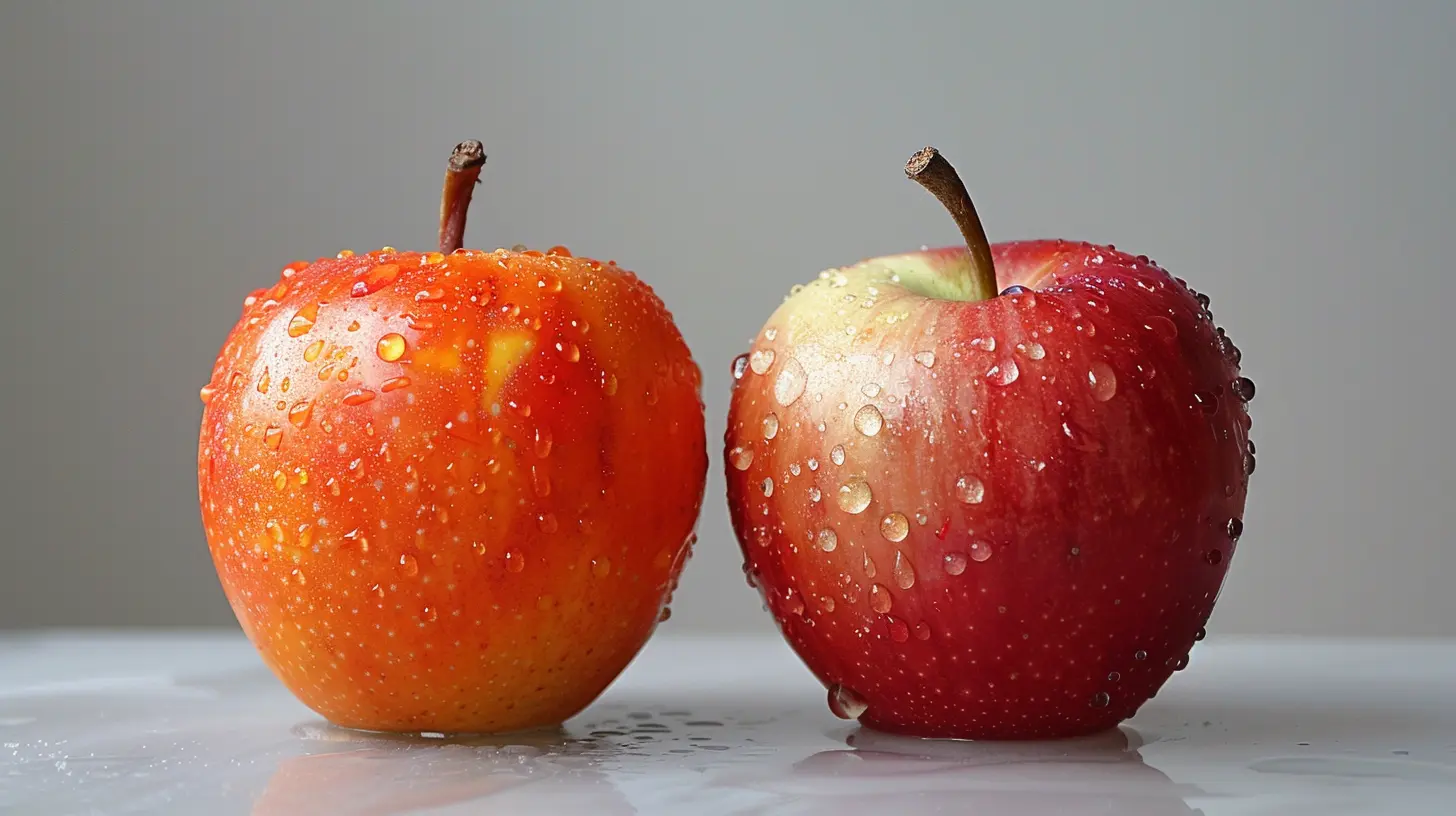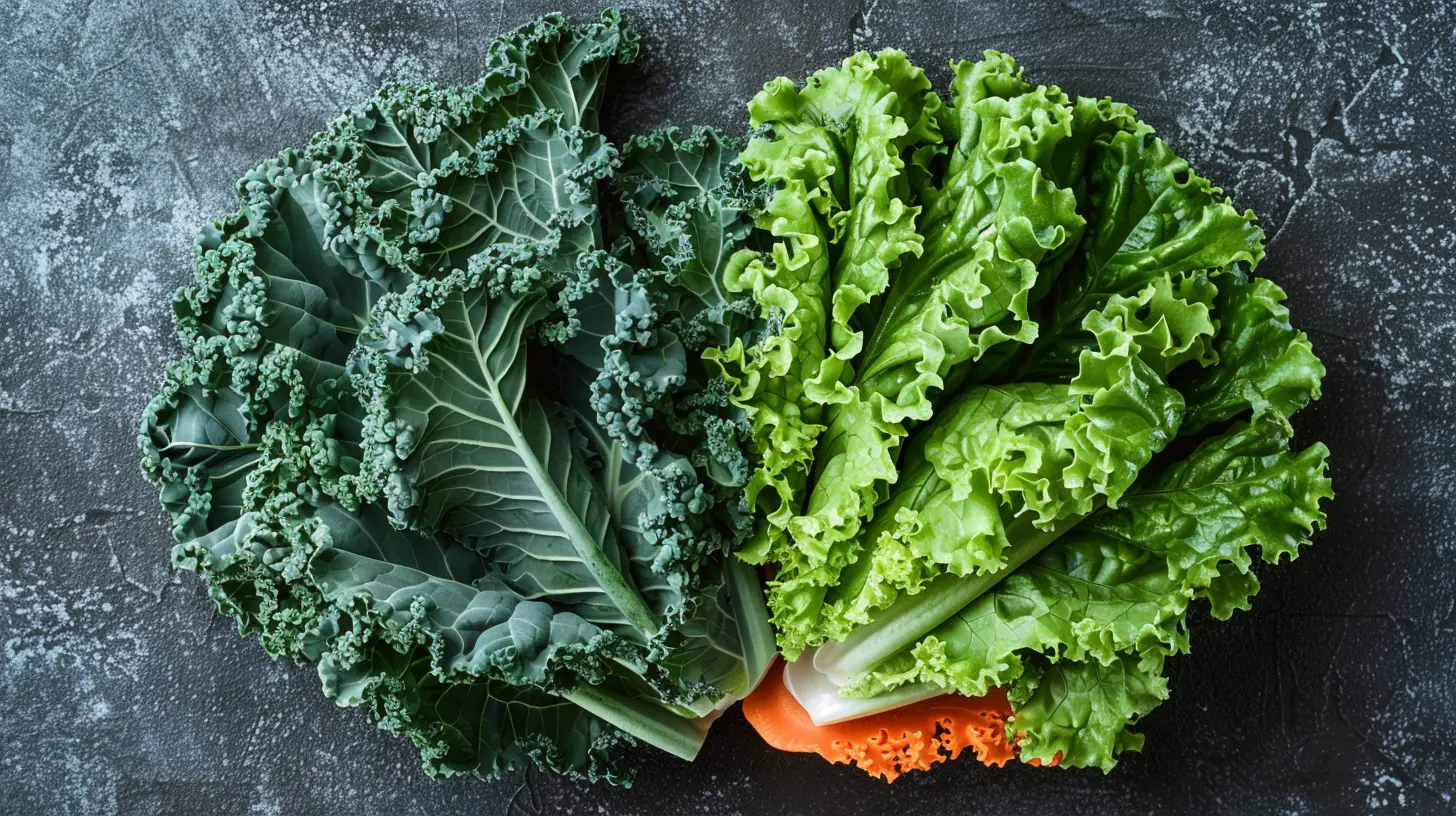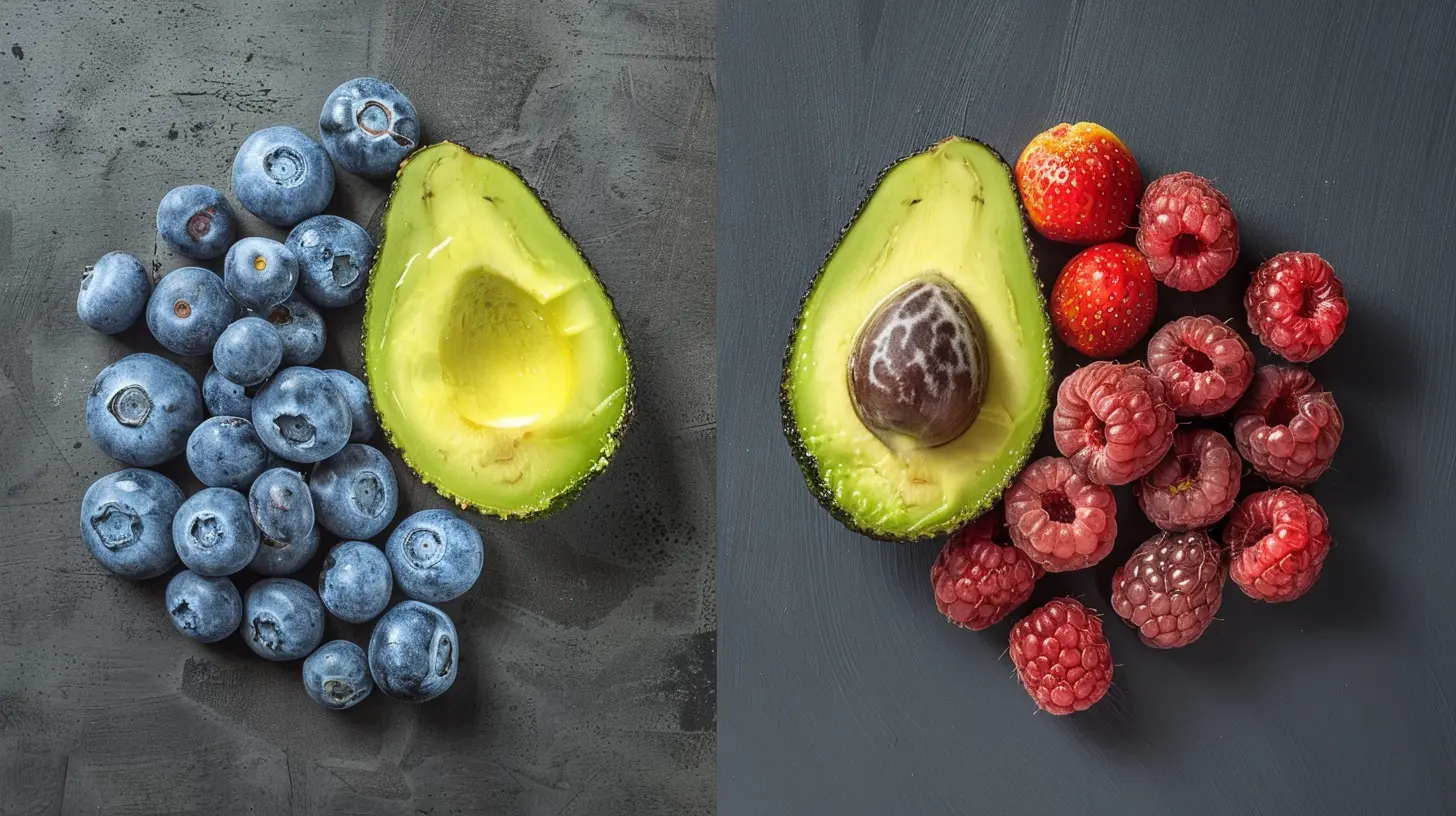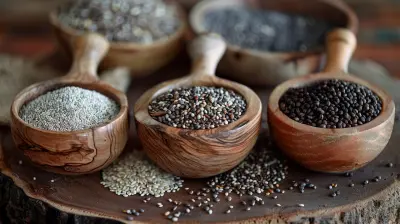Exploring the Nutritional Differences Between Organic and Non-Organic Produce
2 October 2025
If you’ve ever stood in the produce aisle, scratching your head while staring at two identical apples—one organic and one not—you’re not alone. With the rise of health consciousness and environmental awareness, the organic vs. non-organic debate is bigger than ever. But here's the million-dollar question: Is organic food actually better for you? Or is it just a fancy label with a higher price tag?
Let’s dig into the juicy details and break down what really separates organic fruits and veggies from their conventional counterparts.
What Does “Organic” Really Mean?
We toss around the word “organic” a lot, but what does it actually entail?In simple terms, organic produce is grown without synthetic pesticides, fertilizers, genetically modified organisms (GMOs), or irradiation. Instead, farmers rely on natural methods—like compost, crop rotation, and organic-approved pest control—to grow their crops.
On the other hand, non-organic (or conventional) produce uses synthetic chemicals and farming techniques aimed at maximizing yield, controlling pests, and growing crops faster.
Sure, organic sounds healthier already, right? But when it comes to the actual nutrients, let’s dive deeper.
Nutrient Content: Is Organic Really More Nutritious?
Alright, here’s where things get interesting.1. Vitamins and Minerals
Many assume that organic produce is significantly richer in vitamins and minerals. Well, yes and no.Several studies show that organic fruits and veggies may contain slightly higher levels of certain micronutrients like:
- Vitamin C
- Iron
- Magnesium
- Phosphorus
Why the boost? Because organic plants often have to fend off pests naturally. Without synthetic chemicals doing the work, these plants build up their own defense systems—kind of like plant immunity—which also bolsters their nutritional profile.
That said, the differences aren't always dramatic. You're still getting essential nutrients from non-organic produce, especially if it's fresh and in season.
2. Antioxidants
This is where organic produce starts to shine.Research has found that organic fruits and vegetables often pack more antioxidants—sometimes up to 69% more! That’s not small potatoes. Antioxidants, like polyphenols and flavonoids, are key to fighting free radicals in our bodies and reducing inflammation.
Think of antioxidants like your internal clean-up crew. And organic produce? It’s bringing in reinforcements.
Pesticide Residues: What’s Really on Your Food?
Let’s talk about the elephant in the room—pesticides.1. Organic ≠ Pesticide-Free (Wait, What?)
Many people assume organic equals pesticide-free, but that’s not totally accurate. Organic farmers can still use pesticides, but they must be derived from natural sources and approved for organic farming.That being said, studies show that organic produce typically has far lower pesticide residues than conventional produce. In fact, a large percentage of non-organic fruits and vegetables contain traces of synthetic pesticides—some of which are linked to various health issues when consumed in large amounts over time.
So if reducing exposure to chemicals is a priority for you or your family, organic might be the safer bet.
Soil Quality and Its Influence on Nutrition
Here’s something you might not have thought about: soil.Organic farming emphasizes soil health, using compost, cover crops, and natural fertilizers. Over time, this results in nutrient-rich soil that can boost the nutritional content of the plants grown in it.
Conventional farming, by contrast, often relies on synthetic fertilizers that feed the plant but not the soil. Over time, this can degrade soil health, potentially reducing the nutrient density of the crops.
So in a way, what’s in your apple depends on what’s in the earth beneath it.
Environmental and Ethical Considerations
Alright, stepping slightly outside of nutrition for a second—because it's all tied together.1. Environmental Impact
Organic farming tends to be more sustainable. It promotes biodiversity, reduces pollution, and conserves water and soil. And hey, we all benefit from a healthier planet.2. Animal Welfare and Worker Safety
Organic standards also tend to uphold better conditions for farmworkers and promote animal welfare for animal-based farms. Fewer synthetic chemicals mean less risk to those who are actually working the land.So even if the nutrition bump isn’t massive, the ripple effects of choosing organic can still be powerful.
Taste Test: Does Organic Food Actually Taste Better?
This one's subjective—but many people swear that organic produce just tastes better.Is it psychological? Maybe partially. But some taste tests have shown that organic fruits and veggies can have a more intense flavor. This might be thanks to higher antioxidant levels, lower water content, or the fact that they’re often grown in more nutrient-dense soil.
Ever bitten into a strawberry that actually tastes sweet and not watery? There’s a good chance it was organic.
Cost: Is Organic Worth the Price?
Let’s be real—organic can get pricey.You’re often paying more for the labor-intensive farming practices, certification, and smaller yields. But if budgeting is a concern (and for most of us, it is), here’s a tip:
Go Organic on the “Dirty Dozen”
Every year, the Environmental Working Group (EWG) releases the “Dirty Dozen” list—fruits and vegetables most likely to have pesticide residues. These often include:1. Strawberries
2. Spinach
3. Kale
4. Peaches
5. Apples
6. Grapes
7. Cherries
8. Pears
9. Tomatoes
10. Celery
11. Potatoes
12. Bell Peppers
If you’re going to invest in organic, start with these. On the flip side, the “Clean Fifteen” list includes produce that’s usually safe to buy non-organic.
Is Organic Produce Healthier Overall?
Let’s circle back to our original question.Nutritionally Speaking...
✔️ Organic produce may offer slightly more vitamins and significantly more antioxidants.✔️ It also comes with fewer pesticide residues and is less likely to contain harmful synthetic chemicals or additives.
But…
The difference isn’t extraordinary in every case. Eating more fruits and vegetables—organic or not—is far more important than obsessing over every label.So if choosing organic makes you feel better, go for it! If not, don’t sweat it. What really matters is that you’re incorporating more whole, plant-based foods into your diet, however you can afford to do so.
Tips for Getting the Most Nutrition from Your Produce
Regardless of whether your veggies are organic or conventional, here’s how to get the best bang for your buck:🥦 Buy in season and locally grown—it’s fresher and often more nutritious.
🍓 Wash thoroughly to remove residues.
🍎 Peel when necessary, especially if the skin is thin and likely to hold pesticides.
🥕 Store properly to maintain nutrient content.
🛒 Don’t shy away from frozen fruits and veggies—they’re flash-frozen at peak ripeness and still pack a punch.
Final Thoughts: It’s About Progress, Not Perfection
So, should you go all-in on organic? Maybe. Maybe not. The truth is, there’s no one-size-fits-all answer.If you’re aiming to reduce chemical exposure and potentially boost your intake of antioxidants, then organic is a great choice—especially for those "Dirty Dozen" foods. But eating non-organic fruits and veggies is still a whole lot better than not eating them at all.
At the end of the day, the best diet is one that's rich in colorful, plant-based foods, organic or not. So don’t let the labels stress you out. Focus on eating real food, and your body will thank you.
all images in this post were generated using AI tools
Category:
Organic FoodsAuthor:

Tiffany Foster
Discussion
rate this article
1 comments
Petra Rosales
Great overview! Understanding the nutritional differences between organic and non-organic produce helps consumers make informed choices. It's essential to consider both health benefits and environmental impact.
October 9, 2025 at 3:12 AM

Tiffany Foster
Thank you! I'm glad you found the overview helpful. Making informed choices is crucial for both health and the environment.


